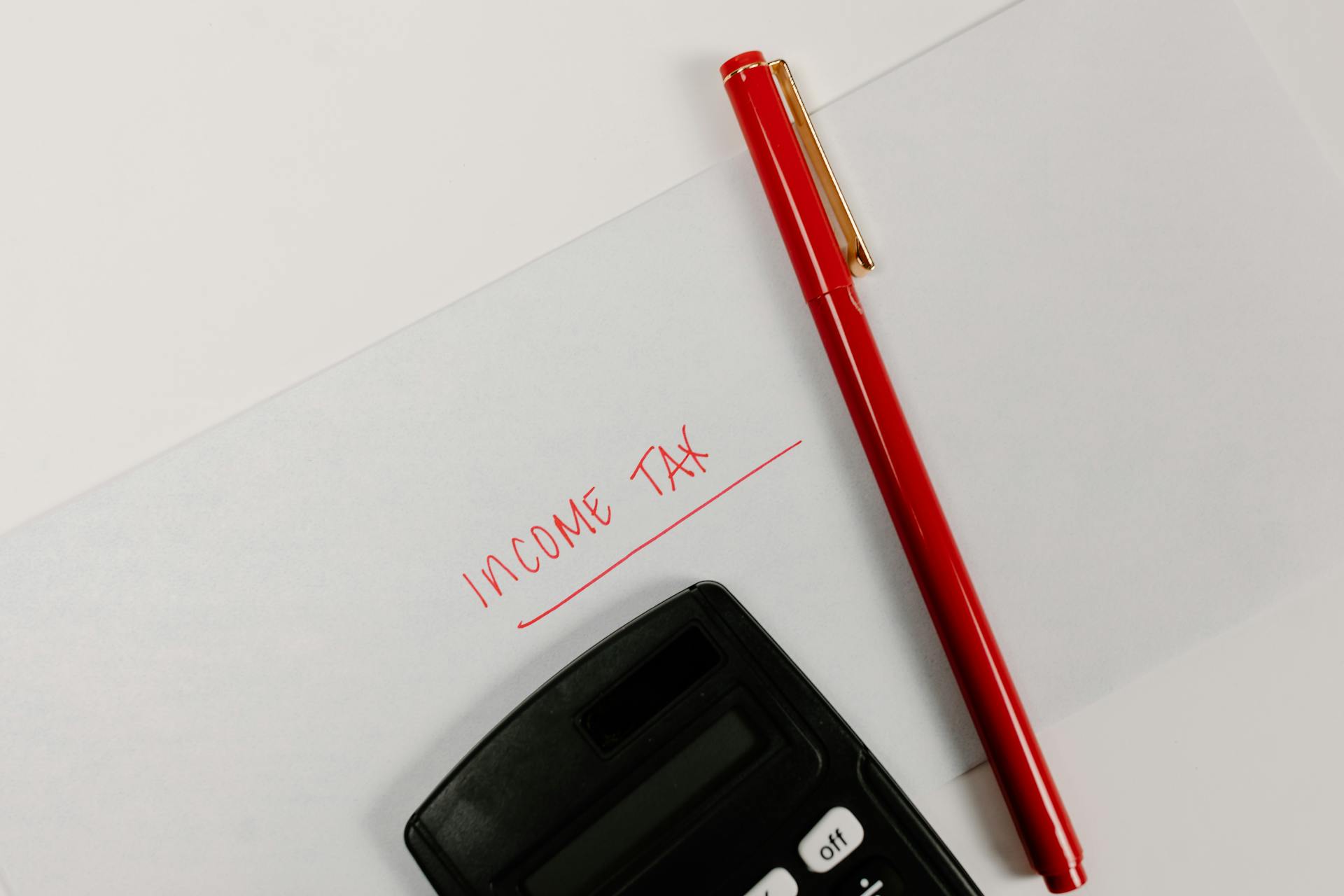Understanding Income Tax
Income tax and the Irish tax system in general can be confusing for many, but fear not – we here at Irish Tax Rebates are here to simplify it for you. Whether you’re curious about how to calculate income tax, want to understand the various income tax bands and rates in Ireland, or seek clarity on special considerations like exemptions and limits, this blog is your go-to resource.
So, what is income tax in Ireland? What are income tax credits? Is it the same as PAYE? Let’s dive in.

What is Income Tax?
Income tax, by definition, is a levy imposed by the government on the money you earn, whether you’re an individual or a business. It’s calculated based on your taxable income, the amount you make after deductions, like pension and health insurance contributions.
Income tax rates vary, and your income is divided into bands, each with its own percentage. But to put it simply, income tax ensures that a portion of your earnings goes towards funding public services and government operations.
How Income Tax is Calculated
Income tax is calculated based on your taxable earnings, the money you earn before deductions and tax credits. The process involves two primary rates: a standard rate of 20% and a higher rate of 40%. The standard 20% is applied to a portion of your income up to a specific cut-off point, and any remaining income is taxed at the higher rate.
This method ensures a fair system where those with higher incomes contribute a more significant percentage of tax. Understanding these rates of income tax, bands, and how they apply to your income is essential for accurate income tax calculation and filing.
Income Tax Bands and Rates in Ireland
What are the tax bands in Ireland? As mentioned, the income tax system in Ireland consists of two main bands with corresponding rates. The standard 20% band rate is applied to the first portion of your income, and the higher 40% band rate is applied to the balance of your income.
However, the specific amounts at which these rates apply may vary, and they are subject to change based on government policies and yearly budget decisions. It’s crucial to stay updated on the current tax rates and bands to ensure safe financial planning, as well as full compliance with Irish tax regulations.
Income Tax Thresholds in Ireland
Income tax thresholds determine the point at which your income may be subject to a higher tax rate. For the tax year 2024, the standard rate cut-off points are as follows:
- Single Person tax band rate: €42,000
- Married Couple or Civil Partners (One Earner): €49,000
- Married Couple or Civil Partners (Both Earners): €49,000 with a maximum increase of €31,000
Income Tax Credits
Income tax credits are essential components of the Irish tax system, offering individuals opportunities to reduce their overall tax liability. These credits are designed to provide financial relief and incentives for specific circumstances. Some income tax credits include personal tax credits, the home carer tax credit and the child carer credit – but there are many more income tax credits you can claim.
What Income is Exempt from Tax?
Certain types of income are exempt from income tax in Ireland, such as payments to approved pension schemes and statutory redundancy payments. You may be completely exempt from income tax if you, or your spouse or civil partner, are over 65 and your income falls below specific limits.
It’s essential to note that while certain income may be exempt from income tax, these individuals may still be liable for other taxes like the Universal Social Charge (USC) and Pay Related Social Insurance (PRSI). You may also be exempt from PRSI if you are over 66 years old.
Income Tax Exemption Limits
If you are single, widowed or a surviving civil partner, you will receive an income tax exemption when your total income is less than the exemption limit, and you are 65 or older.
If you are married or in a civil partnership and jointly assessed, you will receive an income tax exemption when your total income is less than the exemption limit and either you or your spouse is 65 or older.
The income tax exemption limits are:
- Single, widowed or a surviving civil partner: €18,000
- Married or in a civil partnership: €36,000
Income Tax When Self-Employed
If you are self-employed or have enquiries about income tax from rental income, our sister website, Tax Return Plus, can help you.
Income Tax FAQs
Still have some income tax questions? Here are some answers to common income tax questions.
Is Income Tax Emergency Tax?
No, Income Tax is not the same as Emergency Tax. Income Tax is the regular tax you pay on your earnings, and it is calculated based on your total income, tax credits, and applicable tax bands. On the other hand, Emergency Tax is a temporary tax deduction applied when your employer doesn’t have the necessary information to calculate your taxes correctly. It often results in a higher tax rate temporarily being applied to your income.
How Much Can I Earn Without Paying Tax in Ireland?
If you are single, in employment and if your annual income in Ireland is €17,000 or below, you are exempt from paying income tax. The reason for this is that the total value of your tax credits, amounting to €3,550 (single persons tax credit and employee tax credits), equals or exceeds the calculated income tax liability.
However, it’s essential to note that you might still be liable for USC if your income surpasses €13,000. Additionally, your liability to PRSI depends on your weekly earnings.
How Do I Calculate My Income Tax in Ireland?
Well, the easiest way is with Irish Tax Rebates!
Irish Tax Rebates help thousands of people in Ireland every year to claim an income tax refund and any other tax back they are owed. Three out of every four people are eligible for tax back, and the average tax rebate is €1,100.
Take a look at our top rebates and apply online today to begin the tax back process:
New Customers: Apply here.
Existing Customers: Apply For Additional Rebate


